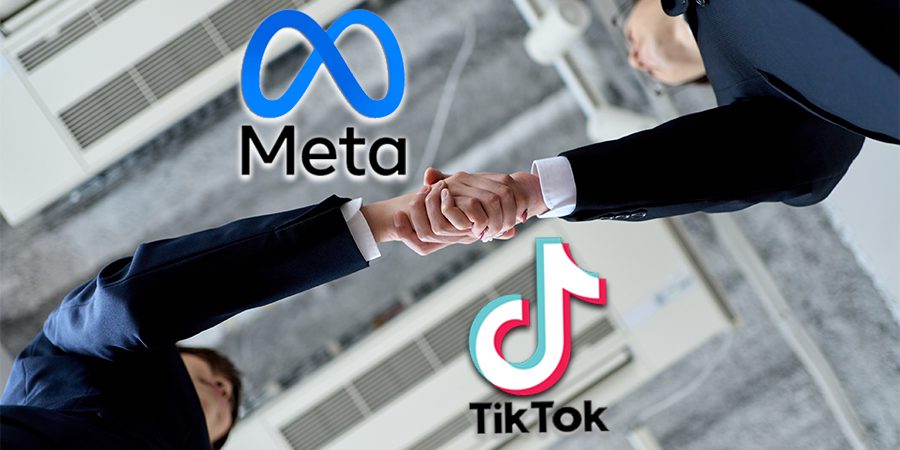Subscribe
"Unlock exclusive insights and elevate your financial wisdom with NetWorth.com — subscribe now to stay ahead in the wealth game!"

In this article, we’ll discuss how content moderators for TikTok and Meta in Germany have united to demand better working conditions.
Key Takeaways:
The moderators are responsible for screening social media content and removing abusive or banned material, making it one of the most challenging jobs in tech.
However, it is also one of the most undervalued and underpaid jobs in the industry.
In Berlin, moderators for TikTok and Meta recently came together to demand better working conditions, such as higher pay and improved psychological support.
They believe that their job requires cultural and language expertise and should be recognized as a genuine career.
The moderators are seeking formal agreements with social media platforms on worker rights, such as the ability to unionize and form legally protected works councils to negotiate matters of wages, hours, and working conditions.
This is the first time moderators from different companies have come together in Germany to share their experiences and collaborate on workplace demands.
Moderators for social media platforms like TikTok and Meta are often categorized as “unskilled” workers in Germany, despite requiring a high level of cultural and language expertise for their jobs.
This low pay and lack of recognition presents challenges for non-EU nationals working in Germany, who are dependent on their employers for visas.
A lot of content moderators are immigrants who have to work long hours with tight deadlines, leaving them with little time to review the content they’re given.
This often leads to post-traumatic stress disorder (PTSD) and other psychological issues.
Although companies offer some form of psychological counseling to moderation staff, it is often insufficient.
Hikmat El-Hammouri is a regional organizer at Ver.di, a union based in Berlin that helped organize the meeting of moderators.
He believes that this summit is the result of years of hard work by union organizers in social media companies to help these key online safety workers—content moderators—fight for the justice they deserve.
He hopes that by collaborating, TikTok and Meta workers can help bring accountability to technology companies with workers in Germany.
The new collective is advocating for new regulations that would require big tech companies to provide workers with independent, 24-hour clinical support.
The work of content moderators can lead to long-term mental health issues, including post-traumatic stress disorder, and contracts have previously included liability waivers for the mental impact of their jobs.
In conclusion, the move by content moderators for TikTok and Meta in Germany to unite and demand better working conditions is a significant step towards improving the industry’s standards.
These moderators play a crucial role in keeping social media platforms free of harmful content, and they deserve to be treated with respect and provided with the necessary support and compensation.
With the formation of the first industry-wide collective of its kind in Europe, the moderators are hopeful that they can effect change in the industry and improve working conditions for themselves and others like them.